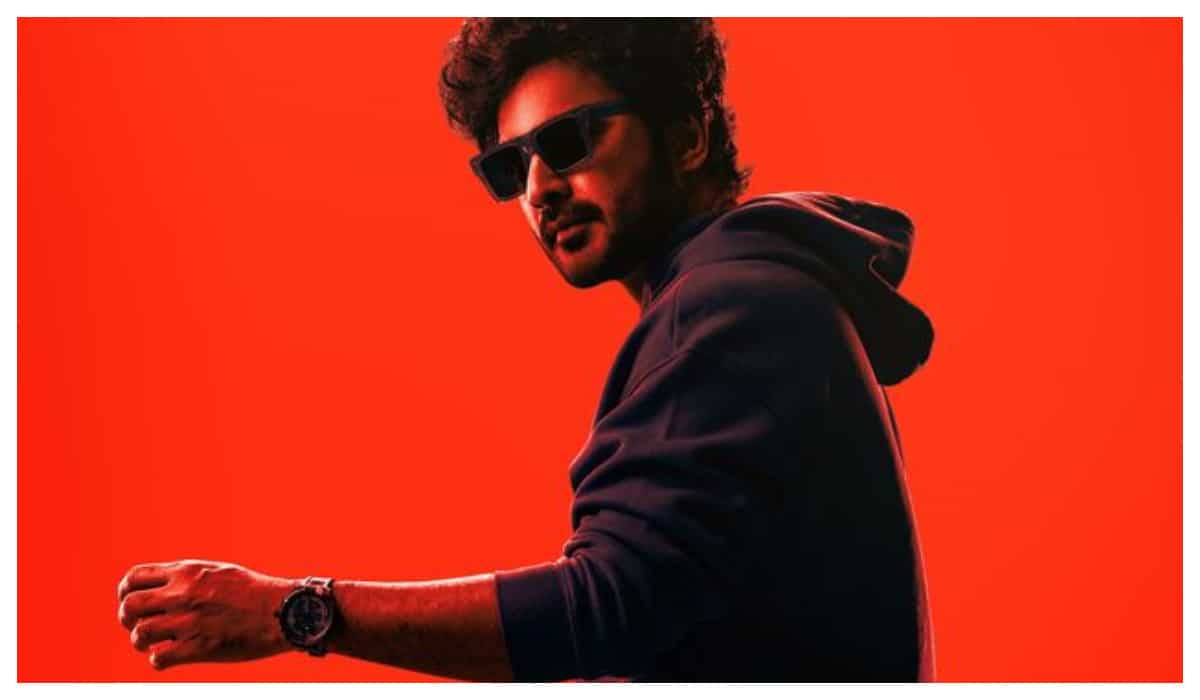
How far are Indian leagues from adopting tech?
3 months ago | 5 Views
Kolkata: It has been nearly ten months since the All India Football Federation (AIFF) and its commercial partner, Football Sports Development Limited (FSDL), received a briefing on the Video Assistant Referee (VAR) system, as stated by Trevor Kettle, the federation's chief refereeing officer (CRO). However, as the Indian Super League (ISL) Season 11 progresses, clubs continue to voice their grievances to the AIFF regarding controversial refereeing decisions.
Kettle reported that the accuracy rate for officiating in both the ISL and I-League this season stands at approximately 82%. He noted that this figure fluctuated between 83% and 84%, ultimately reaching around 85% by the conclusion of the 2023-24 ISL season.
The question remains: when will VAR be introduced in Indian leagues? In January of the previous year, AIFF President Kalyan Chaubey remarked, "Our primary goal is to minimize errors by equipping match officials with technology that aids their decision-making. While we are committed to implementing VAR, I believe that starting with the Additional Video Review System (AVRS) could be a viable option for a country like India."
Regardless of the system selected, the implementation will require both time and financial investment. In an interview with HT, Kettle, a former assistant referee in the Premier League, indicated that once approved, the deployment of VAR could take between one year and 18 months, in accordance with the Implementation Assistance Approval Process (IAAP) established by FIFA.
In addition to the expenses related to infrastructure, Kettle highlighted that training match officials for VAR will also involve significant costs. Although he did not provide specific figures, he indicated that such expenses were not financially viable for the AIFF in the I-League. Concerning the Indian Super League (ISL), the nation's top men's competition, he remarked that the decision lies with the governing authorities. An ISL spokesperson declined to provide any comments when contacted on Monday.
A former AIFF official estimated that the implementation of VAR could reach up to ₹25 crore in the initial year, with recurring costs of ₹12-13 crore in subsequent seasons. Following Kettle’s presentation at the annual general meeting in Itanagar on March 10, AIFF members expressed concerns about the affordability of VAR, according to an official present at the meeting who requested anonymity due to lack of authorization to speak to the media.
India has 18 match officials in the elite panel of the Asian Football Confederation, including four women; however, they are not trained in VAR and therefore do not receive appointments for major tournaments, as noted by Kettle, who joined the organization in October 2022.
Kettle mentioned that eight referees and seven assistants are under full-time contracts with the AIFF until May 2025. In January 2023, the AIFF announced a goal of securing 50 contracts by 2026. “That was not always part of my plan. Initially, I aimed for half that number, but it is evident that a management structure is necessary to oversee referees. Simply offering a full-time contract does not guarantee improvement,” Kettle stated.
Performance evaluations in the Indian Super League (ISL) and I-League are determined by Key Match Incidents (KMI), which encompass expulsions, goals that are either permitted or disallowed, the denial of clear goal-scoring opportunities, penalty decisions, and offside rulings. Kettle noted, “I have implemented a process akin to that of the Premier League, and we have established a KMI incident review panel that scrutinizes these incidents on an individual basis.”
“The KMI data serves as our benchmark for assessment. However, there exists a dilemma. If we declare a target of 83 to 85%, it implies to everyone that we are accepting a 15 to 20% error margin, which is unacceptable to many. Yet, that is the reality,” he remarked during a video call from England on Saturday. Last February, Tony Scholes, the chief football officer of the English Premier League, stated that prior to the introduction of VAR, 82% of decisions were considered accurate.
According to Kettle, every referee in the ISL and I-League undergoes independent evaluation by referee assessors. The findings are further reviewed by a KMI panel consisting of former FIFA match officials from India. “The scores from the assessors and the KMI panel are recorded in a merit table. Consequently, referees have their own league standings, and those who ranked at the bottom last season received performance warnings. If they remain at the bottom this season, I will present the evidence to the referees committee,” Kettle explained.
Reada Also: Johnson Critiques Konstas: 'Inexperience Led to Tension with Bumrah' During Sydney Test
HOW DID YOU LIKE THIS ARTICLE? CHOOSE YOUR EMOTICON!
#




















